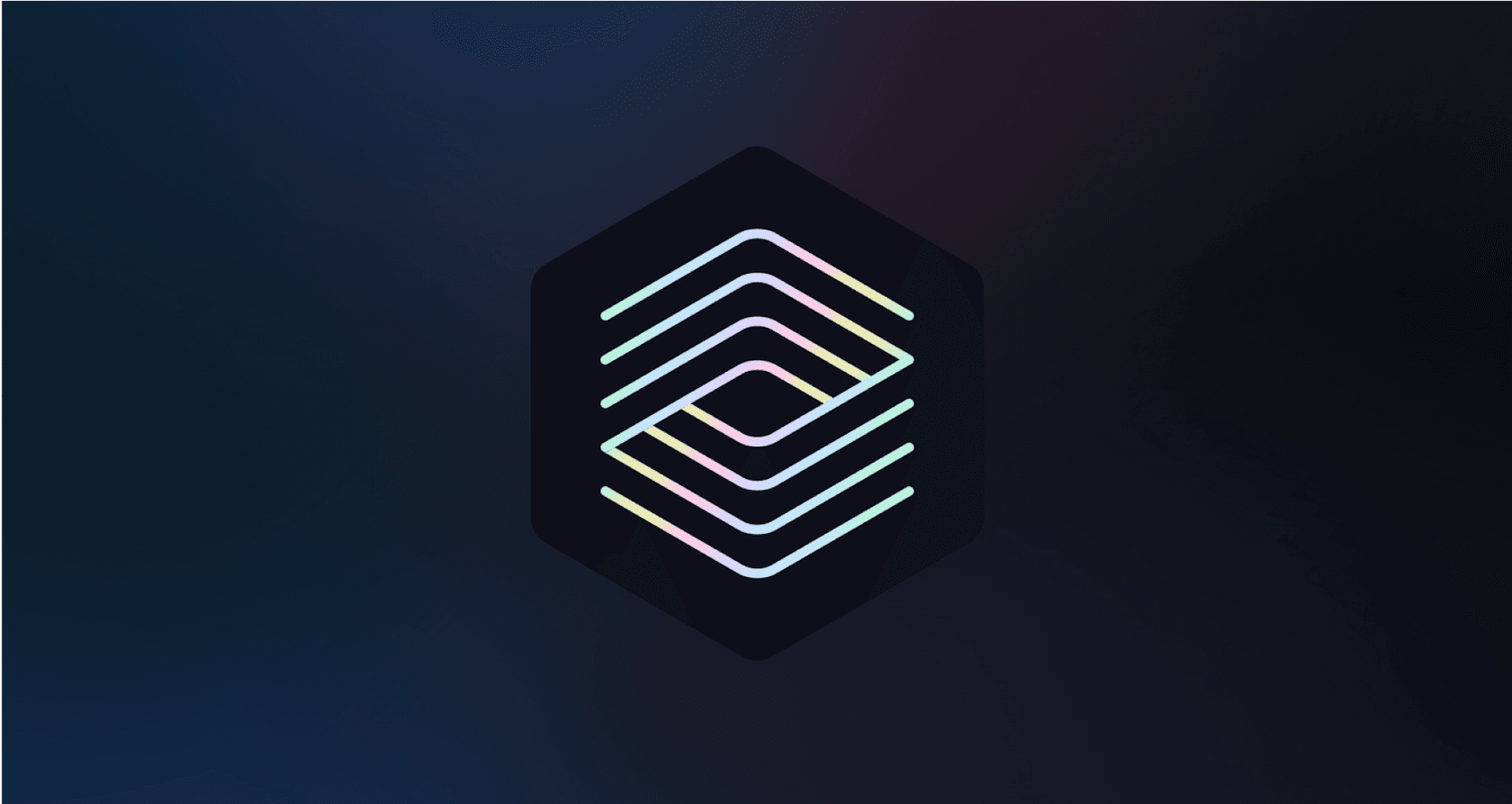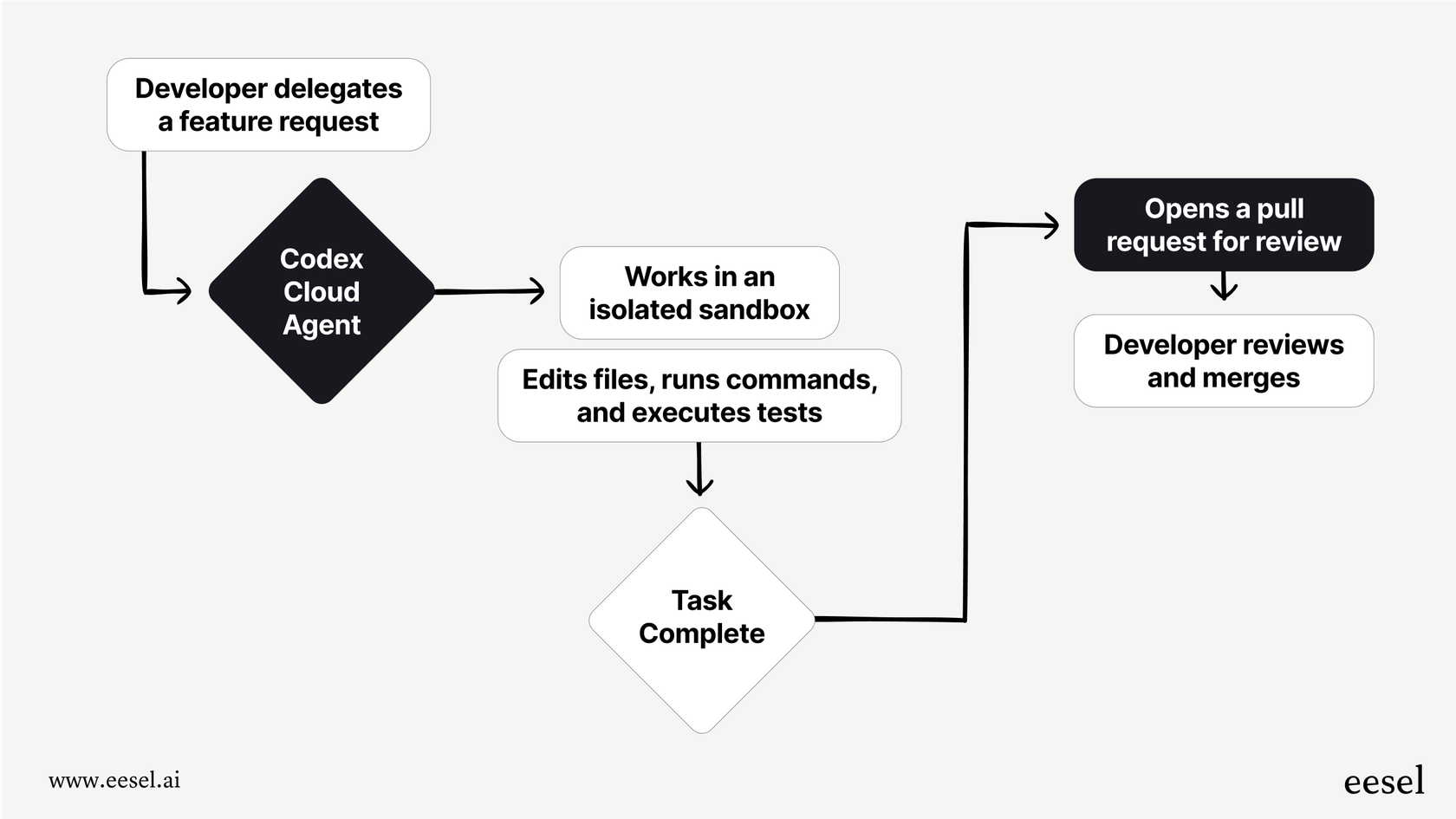
AI coding assistants aren't just a cool new toy anymore. They’re quickly becoming a standard part of a developer's setup, helping us speed through work and take care of the boring, repetitive stuff. If you’re a big fan of PyCharm and its powerful features, you’ve probably tried to figure out how to get OpenAI's slick Codex model working inside your favorite IDE.
If you have, you've likely discovered that the answer isn't so simple. You’re definitely not the only one hitting this wall.
This guide will give you the straight story on the state of "OpenAI Codex integrations with PyCharm". We’ll cover why it's not really a thing, what your best alternatives are, and then talk about a different type of AI tool that can help with another big productivity killer for developers.
What is OpenAI Codex and how does it impact PyCharm integrations?
First, let's get on the same page about what OpenAI Codex is in 2025, because it's changed a lot. It's no longer just a standalone API for code completion. It has morphed into the "Codex agent," a more capable and independent tool that’s part of the paid ChatGPT world.
The new Codex is less like a super-smart autocomplete and more like a junior developer you can hand tasks off to. It works inside a cloud sandbox with your repository already loaded up, ready to tackle whole coding assignments by itself.
Here's a look at what it can do:
-
Read and edit files anywhere in your codebase.
-
Run commands, like linters or tests, to make sure its code works.
-
Answer tricky questions about how your code is structured or what it does.
-
Package up its work into a pull request for a human (that's you) to review.

You can work with this version of Codex through the ChatGPT website, a command-line (CLI) tool, or an IDE extension. And that last part is where the trouble starts for us PyCharm users.
The problem with OpenAI Codex integrations with PyCharm
Let's just rip the Band-Aid off: as of 2025, there is no official, built-in OpenAI Codex integration for PyCharm or any other JetBrains IDE.
OpenAI has put all its energy into an extension for VS Code and its own CLI tool. And while you can technically run the CLI in a terminal next to PyCharm, it's a clunky experience, not a real integration. This has left a lot of PyCharm users scratching their heads. If you poke around the OpenAI community forums, you’ll find plenty of threads asking, "So… where’s the PyCharm plugin?"
Without a native tool, you're stuck with some real drawbacks:
-
Awkward, manual workarounds: The typical method is running the Codex CLI in a separate window, telling it what you want, and then copy-pasting the code it spits out back into PyCharm.
-
Constant context switching: Bouncing between your editor and another tool pulls you out of the zone, and that flow state is precious for productivity.
-
No deep integration: A separate tool just can't grasp the full context of your project, your dependencies, run configurations, virtual environments, the way a real plugin can. This usually means you get code suggestions that are less accurate or just plain incomplete.
So if a direct hookup is off the menu, what can you actually do?
The best alternatives to OpenAI Codex integrations with PyCharm
Even though you can't plug Codex directly into PyCharm, you’re not out of options. There are some great, fully integrated tools that bring AI coding help right into the IDE.
JetBrains AI Assistant
Your best bet is the JetBrains AI Assistant. It’s the official tool built by JetBrains specifically for PyCharm and all their other IDEs. It was made from the ground up to feel like a natural part of your workflow, not a bolt-on.
It has features that directly solve the problems PyCharm users face:
-
AI chat: You can ask questions about your code, get a breakdown of a confusing function, or just brainstorm ideas without ever leaving your editor.
-
In-editor code generation: Use plain English prompts to create code snippets, whole functions, or boilerplate for classes right where you're typing.
-
AI-powered refactoring: Get smart suggestions for cleaning up and improving your code to make it faster and easier to maintain.
-
Documentation and commit messages: Let the AI handle the boring stuff, like writing docstrings and summarizing your changes for Git.
Because it's a native tool, it understands your whole project, which means the help it gives is way more relevant and accurate.
Pricing for JetBrains AI
The AI Assistant is an add-on to your JetBrains IDE subscription. The pricing is pretty clear and based on how much you use it.
| Plan | Price (Billed Annually) | Key Features |
|---|---|---|
| AI Free | Included with PyCharm Pro | Unlimited code completion, small cloud credit quota. |
| AI Pro | $8.33 / month | Extensive AI chat usage, 10 AI Credits per 30 days. |
| AI Ultimate | $25.00 / month | Larger credit quota for heavy use of coding agents (like Junie), 35 AI Credits per 30 days. |
ChatGPT
If your heart is set on using OpenAI's models, the main workaround is using the Codex agent through a paid ChatGPT subscription. It's a much more manual process, but it does give you access to the latest stuff from OpenAI.
You would basically open the ChatGPT website, give the Codex agent a task for your PyCharm project, wait for it to do its thing, and then copy the finished code back into your IDE. You get the brain of OpenAI's models, but it's not a very efficient way to work and comes with all the context-switching headaches we talked about.
This tutorial shows how you can automate coding tasks with OpenAI Codex, demonstrating a potential workflow even without direct PyCharm integration.
Pricing for ChatGPT (to access Codex)
Access to the Codex agent comes with ChatGPT's paid plans.
| Plan | Price | Key Features for Developers |
|---|---|---|
| Plus | $20 / month | Access to advanced models like GPT-5, includes the Codex agent. |
| Pro | $60 / month | Everything in Plus, with expanded access to the Codex agent and higher usage limits. |
| Business | $25 / user / month (billed annually) | Secure workspace, admin controls, includes Codex agent and connects to tools like GitHub. |
Beyond OpenAI Codex integrations with PyCharm: A different kind of AI agent for developer productivity
While coding assistants help with writing code, there’s another huge time-sink for developers: hunting down information that's scattered all over internal documents. Just like we need coding agents, we also need knowledge agents.
This is where a tool like eesel AI fits in. It’s an AI platform built to solve that exact problem by giving your team one place to get answers from all of your company's knowledge.
For developers, the AI Internal Chat product is incredibly useful. Instead of digging through a wiki or bugging a coworker, a developer can just ask a question in Slack or MS Teams. They get an immediate, accurate answer pulled from all your internal docs.
Here’s why that's a big deal:
-
Unified knowledge: You can connect it to everything: Confluence, Google Docs, Notion, you name it. The AI learns from it all to give you complete answers.
-
Keeps you in the flow: A developer can ask the eesel AI bot, "What are the environment variables for the staging server?" or "Show me the API docs for the new billing endpoint" without leaving their chat app. No more tab-hopping.
-
Go live in minutes: Forget about long, complicated setups. You can connect your knowledge sources and get an AI assistant running in Slack in just a few minutes, all by yourself. It's a much simpler process than trying to find nonexistent "OpenAI Codex integrations with PyCharm".
-
Scoped and accurate: You can set up specific bots for different teams. Imagine a 'DevOps bot' trained only on your infrastructure docs or a 'Frontend bot' that knows your entire component library. This makes sure the answers are always relevant and trustworthy, giving you control that generic AI tools just don't offer.
OpenAI Codex integrations with PyCharm and your best alternatives
Trying to figure out which AI developer tools to use can feel a bit overwhelming, but hopefully, things are a little clearer now.
Here are the main points to remember:
-
A real, native "OpenAI Codex integrations with PyCharm" doesn't exist. The workarounds are pretty clumsy for everyday coding.
-
The JetBrains AI Assistant is easily the best choice for AI-powered coding inside PyCharm. It’s deeply integrated and context-aware.
-
For the other big part of the job, finding internal information and cutting down on interruptions, a dedicated knowledge agent like eesel AI is a powerful and easy-to-set-up tool that fits perfectly into a developer's workflow.
Stop wasting time digging through scattered documents. Give your development team the answers they need, right when they need them.
Frequently asked questions
As of 2025, OpenAI has focused its development efforts on a VS Code extension and a CLI tool for its Codex agent, rather than creating a native plugin for PyCharm or other JetBrains IDEs. This means a direct, seamless integration doesn't currently exist for PyCharm users.
Without native integration, developers face awkward manual workarounds, constant context switching between PyCharm and external tools, and a lack of deep project context for accurate code suggestions. These issues can significantly hinder developer productivity and workflow efficiency.
The JetBrains AI Assistant is highly recommended. It's an official tool built specifically for PyCharm that offers deep integration, AI chat, in-editor code generation, refactoring suggestions, and help with documentation directly within your IDE.
Yes, you can access the Codex agent through a paid ChatGPT subscription via its website or CLI tool. However, this involves a manual process of giving tasks and copy-pasting code, which is considerably less efficient than a native integration.
The JetBrains AI Assistant provides comprehensive features like AI chat, intelligent code generation, and AI-powered refactoring, all with deep project context. It's designed to be a natural part of the PyCharm workflow, offering a seamless and integrated experience where official OpenAI Codex integrations with PyCharm are absent.
Absolutely. Tools like eesel AI act as knowledge agents, helping developers quickly find internal information scattered across company documents. This reduces time spent searching and context switching, significantly complementing coding assistants for overall productivity.
Share this post

Article by
Stevia Putri
Stevia Putri is a marketing generalist at eesel AI, where she helps turn powerful AI tools into stories that resonate. She’s driven by curiosity, clarity, and the human side of technology.







